“The world is full of people that care about peace. Each one of us is a peacemaker, though we may not realize it.” – John-Roger
This article by John-Roger was first published through Mandeville Press in 2002.
Many people today feel challenged and frustrated by all of the headlines and news about violence in the world. We turn on the TV, pick up the newspaper, log onto the Internet and see news about the Middle East, violence in schools, and so on. This can be disheartening, and frustrating for all of us. We ask ourselves, “What can we do for peace, to have more peace in the world?”
Many people are working for peace, very actively, every day of their lives. They are not just the high-profile people we hear about—diplomats, government leaders, and people who work for peace organizations. Often they are the people we work with, live next door to, and go to school with. The world is full of people that care about peace. Each one of us is a peacemaker, though we may not realize it.
Choosing Peace
The key to peacemaking is to choose peace. But how do we choose peace when we look in the world or in our lives and see disturbance? We can look at peace like we look at gravity. Gravity is always present, always available. If you drop a pen, it falls. Peace is present and available—so if we drop a position, or a sense of being “against” another person, a situation, or ourselves, then the experience of conflict and disturbance drops. Then we can actively work toward a solution.
Being a peacemaker doesn’t mean that we never feel disturbed again, or that we don’t disagree with people, or that we condone violence or abuse in people’s lives. Peace is found in the way the conflict occurs, in the way that we look at the situation. If I disagree with my friend, and I take his point of view as valid—because I value him as a person as well as our relationship—then I can disagree with him in a way that is peaceful. If I disagree with my friend and I take his point of view personally or label it “wrong” in some way, I am not at peace with myself or with him. That will color our entire interaction—and depending on how much it colors our interaction, it could “stain” our relationship going into the future. This applies not only to friendships, but also to our relationships with ourselves, our children, our spouses, our bosses, coworkers, and employees, our elected representatives, and so on.
Committing to Peace
What can we do, then, to promote peace? How can we commit ourselves to “wage peace” in our lives? What if it were possible that after reading this article your life would never be the same? If that interests you, then the first step is to make a commitment to peacemaking. This involves deciding to actively approach daily life with the eyes of a peacemaker—so when challenges present themselves, we remind ourselves that peace is present. This takes practice, and it is an ongoing, lifelong commitment. Peacemaking is not a pollyanna or utopian view of life. It requires effort and practice, and the willingness to keep practicing even when our reactions are showing.
A practical tool that supports peacemaking is to take time at the beginning of the day and identify a person or situation that you might find challenging. Identify ways to address that challenge peacefully—ways to make peace with it. Maybe it involves asking a trusted friend for help, or spending some time writing about the situation, or extending forgiveness. Perhaps there is a specific action you can take to express your goodwill and openness. The more specific we are about the situation and our strategies to make peace, the more effective and peaceful we can be. Then we can share that with others. One step at a time, we make contributions toward peace in the world. World peace starts within ourselves, and then moves outward to groups, and to all of humanity. The work we do in our own lives complements the work that nations and leaders do. Add it all together, and practically speaking, we can have peace on this planet in our lifetime.







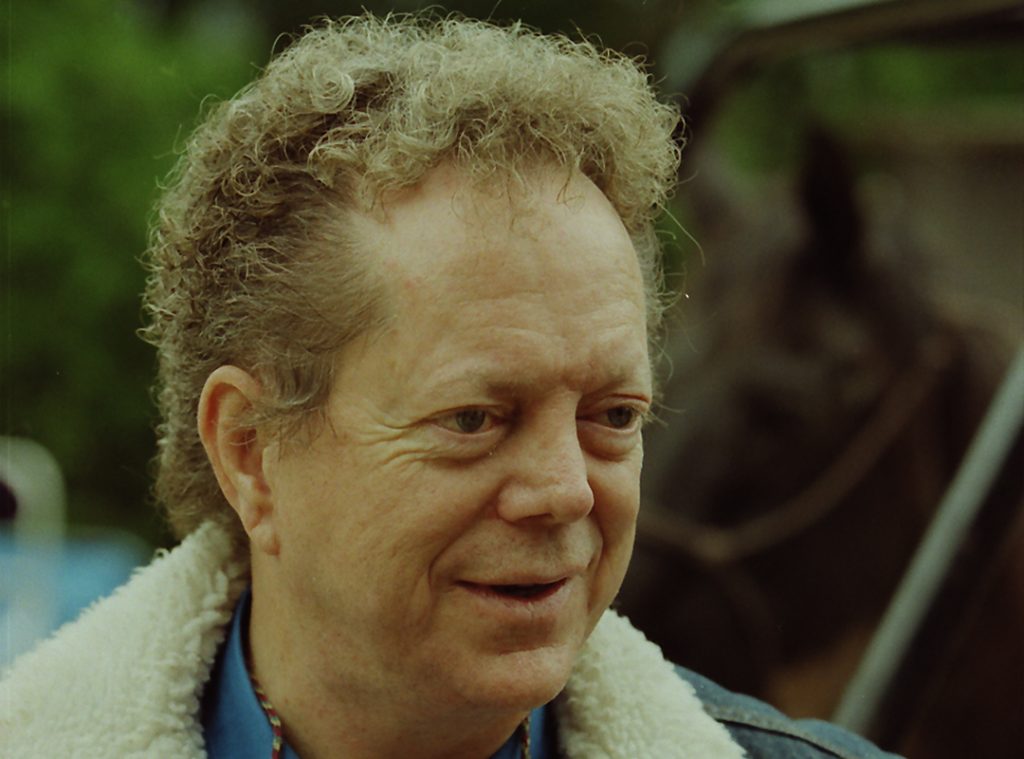
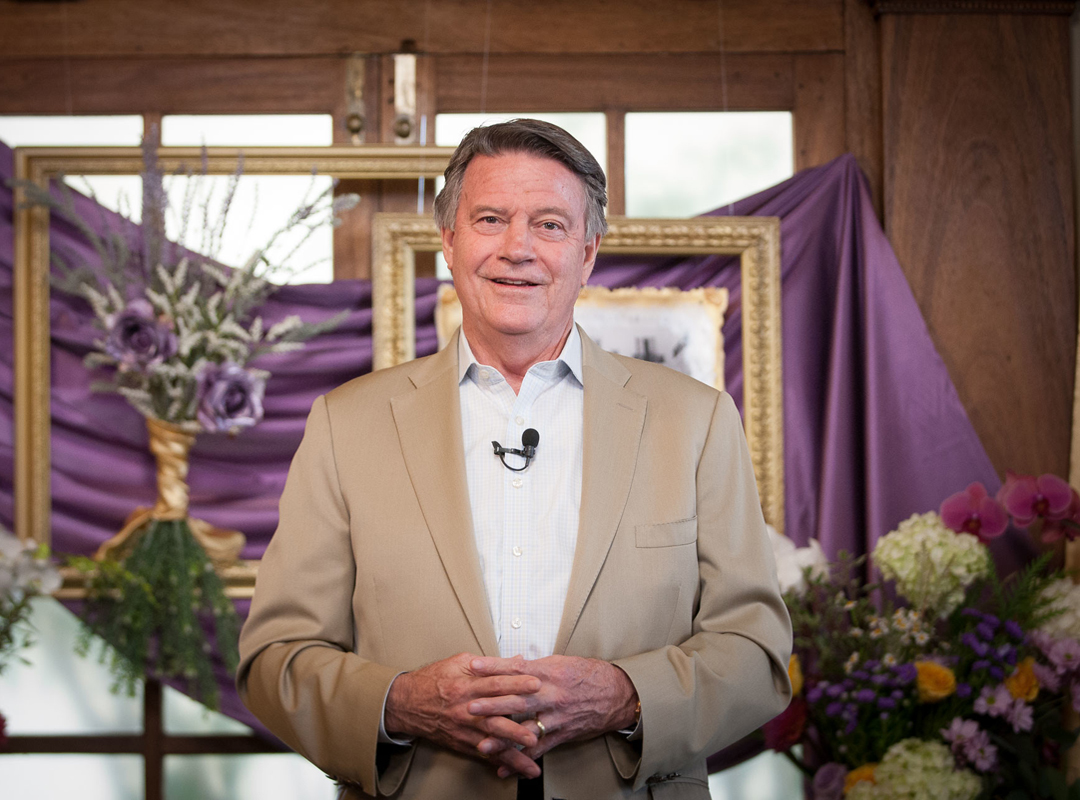
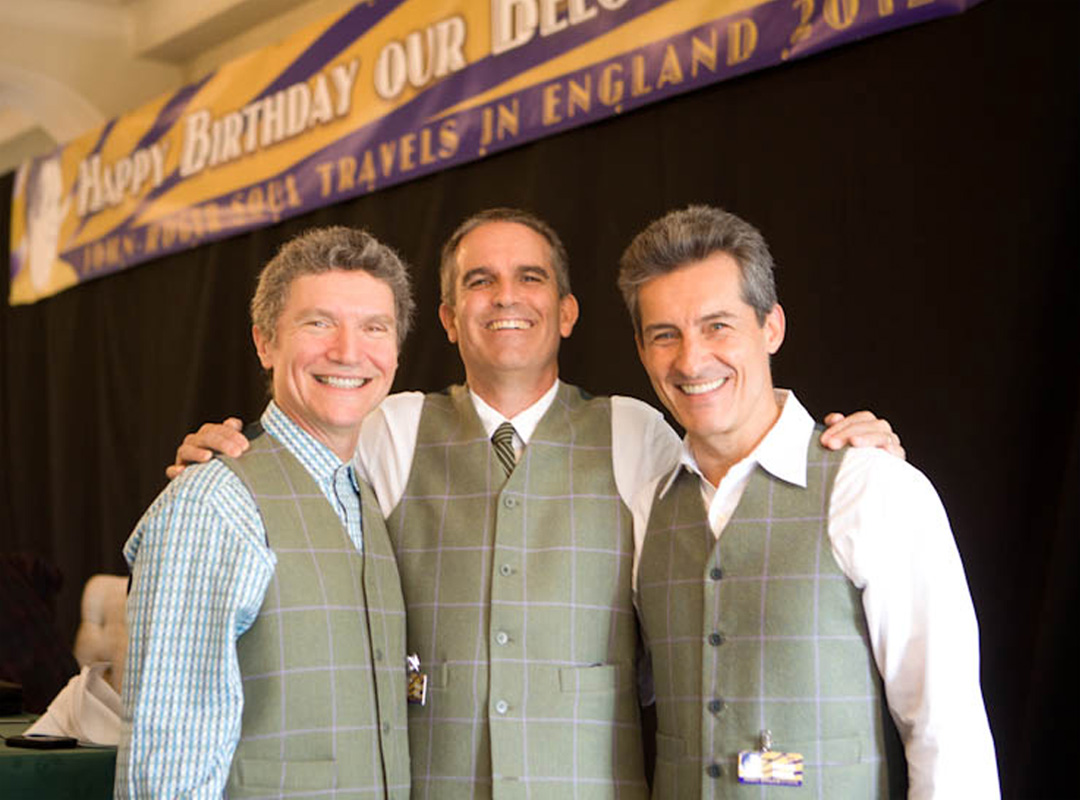
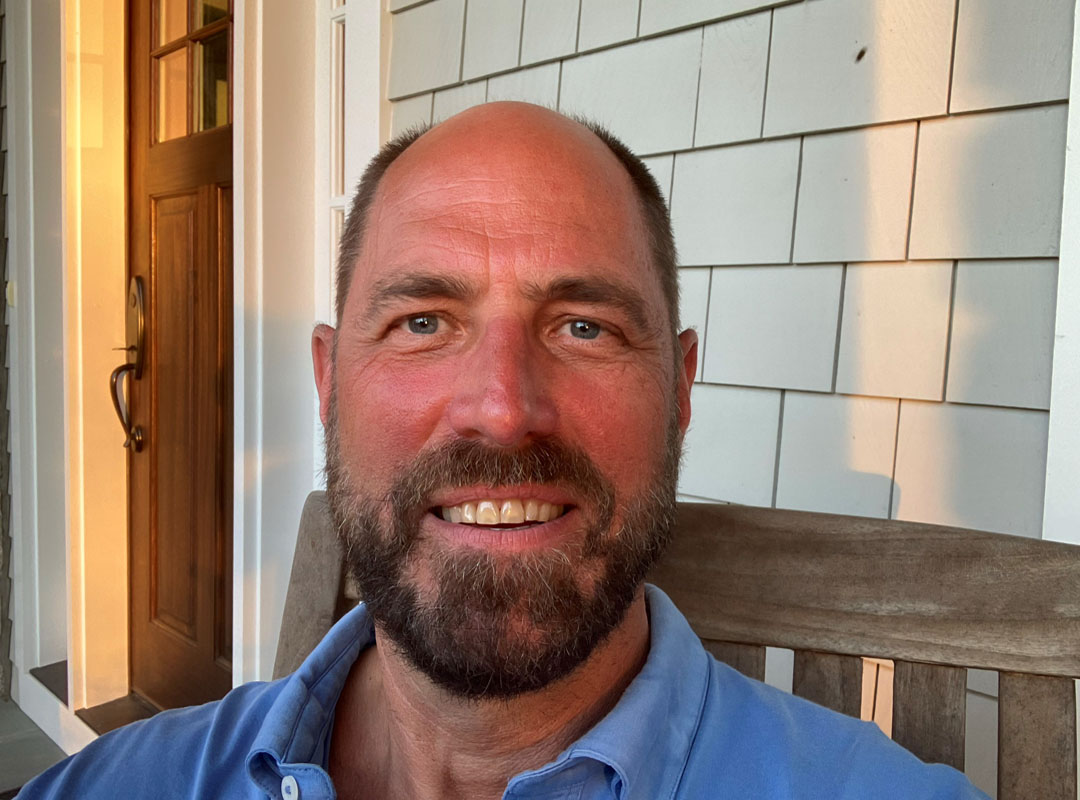
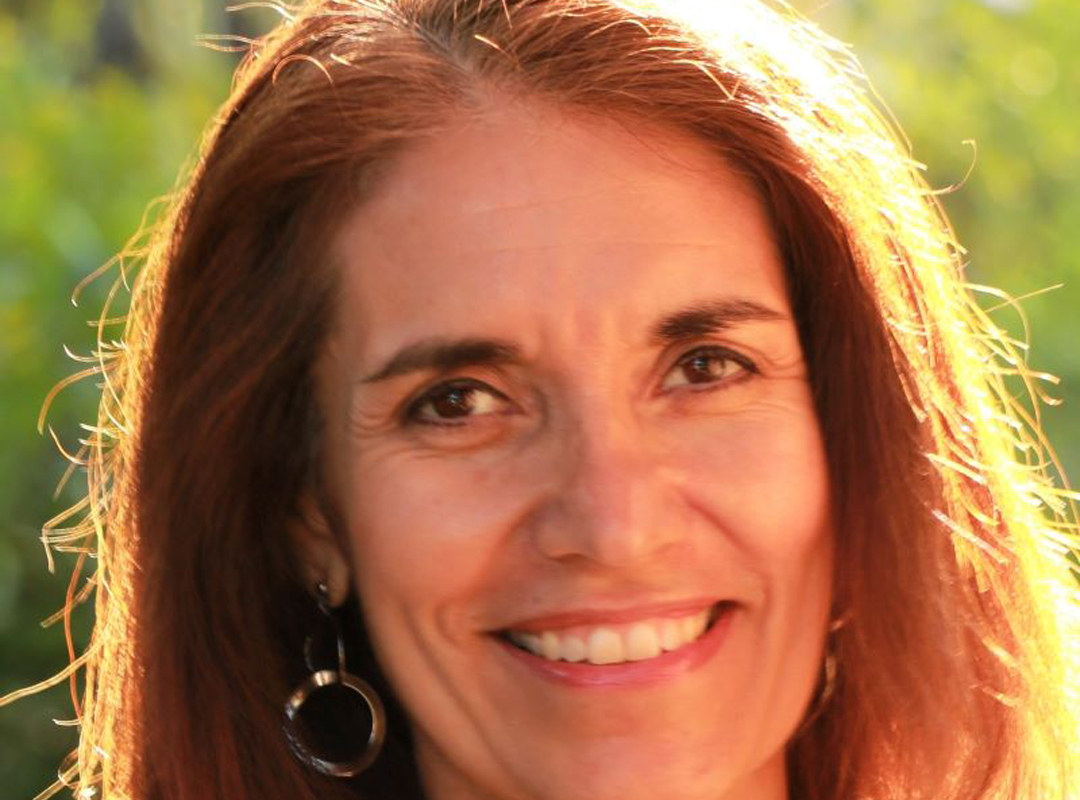
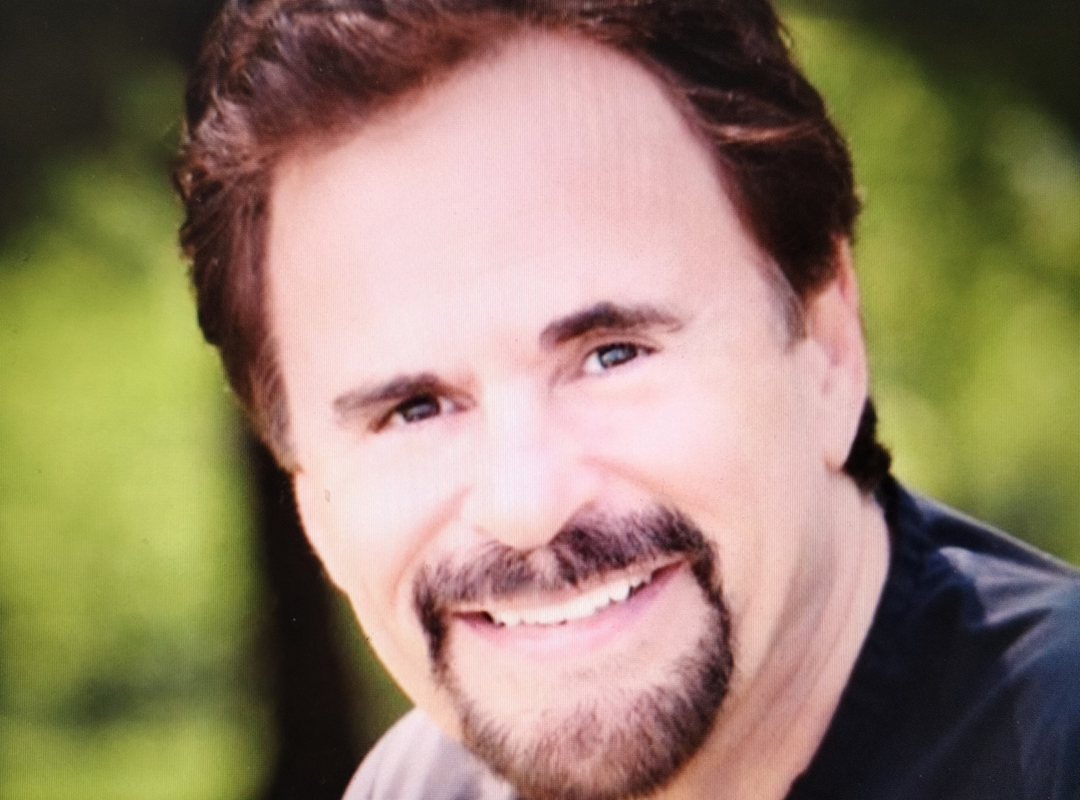
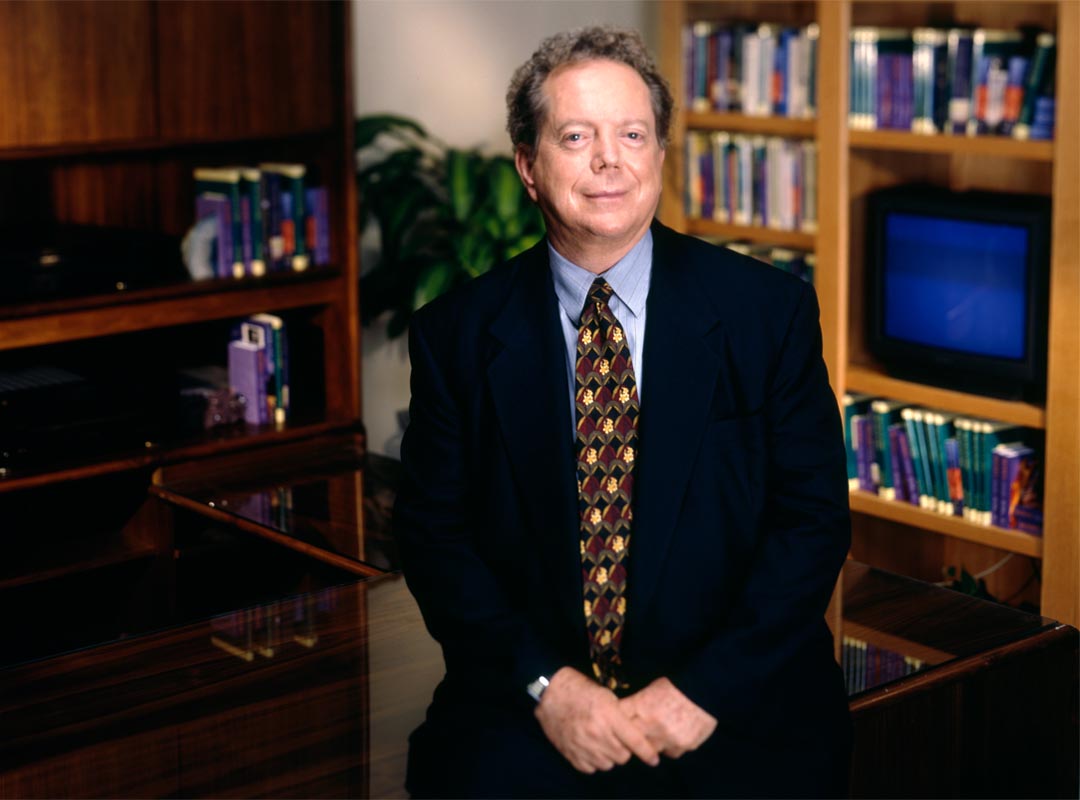
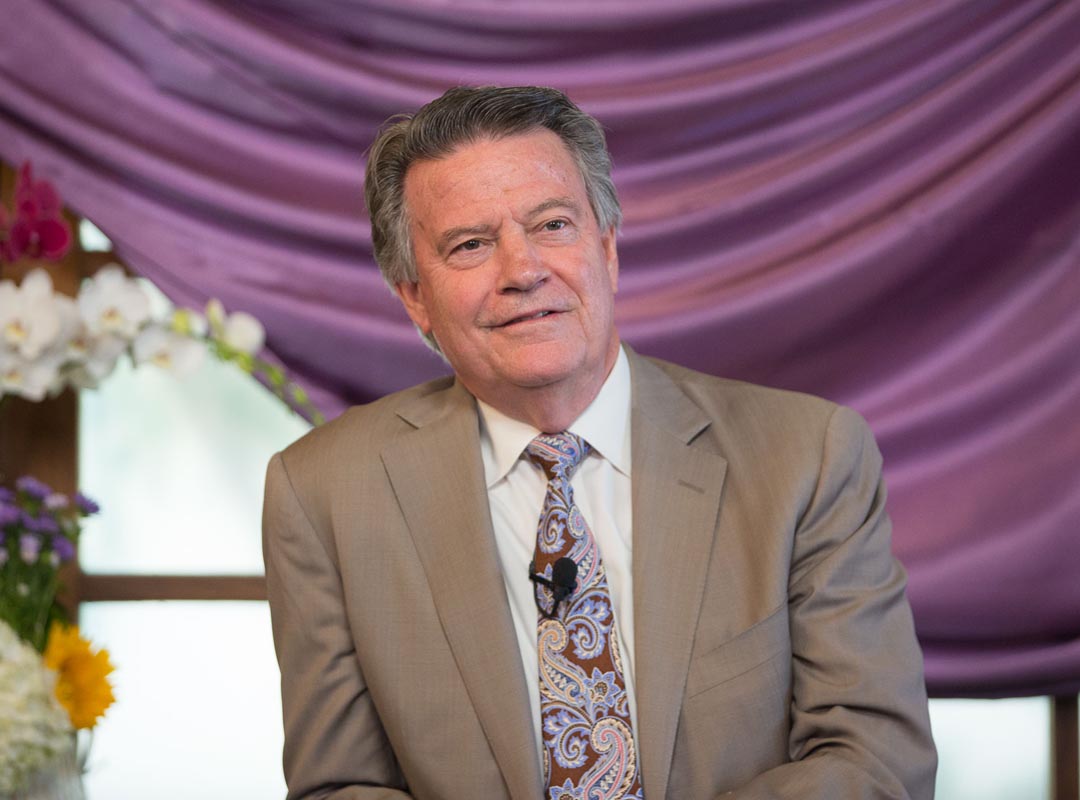
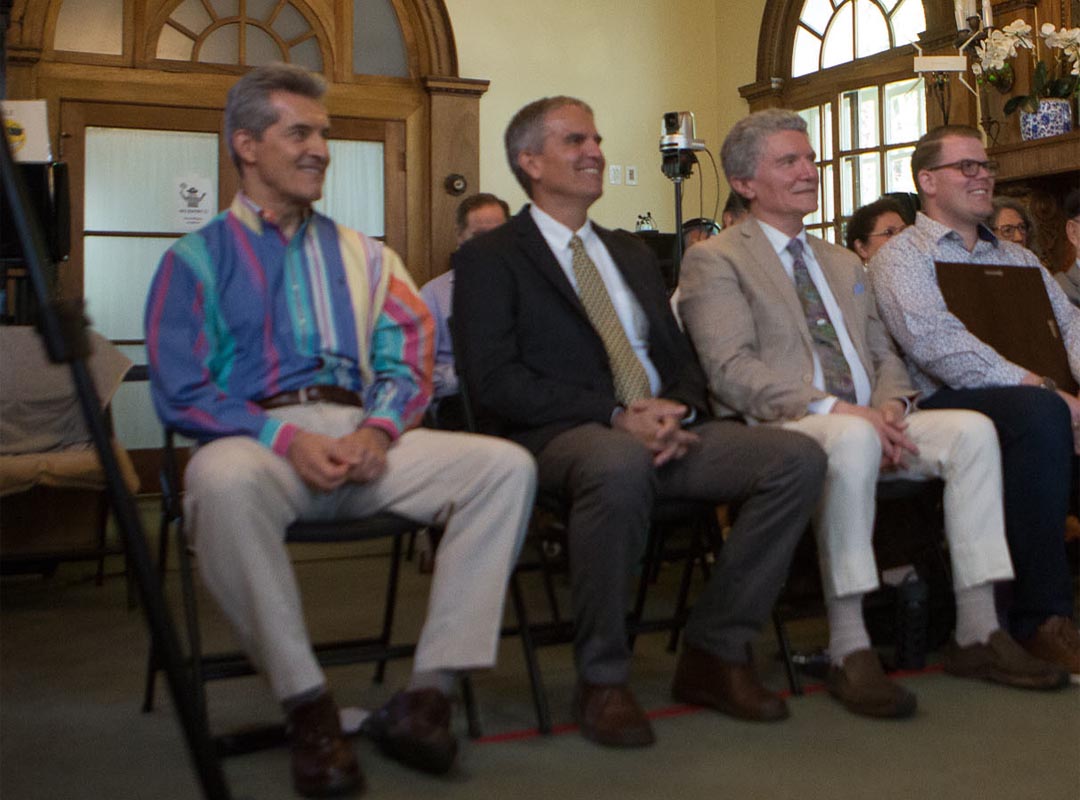
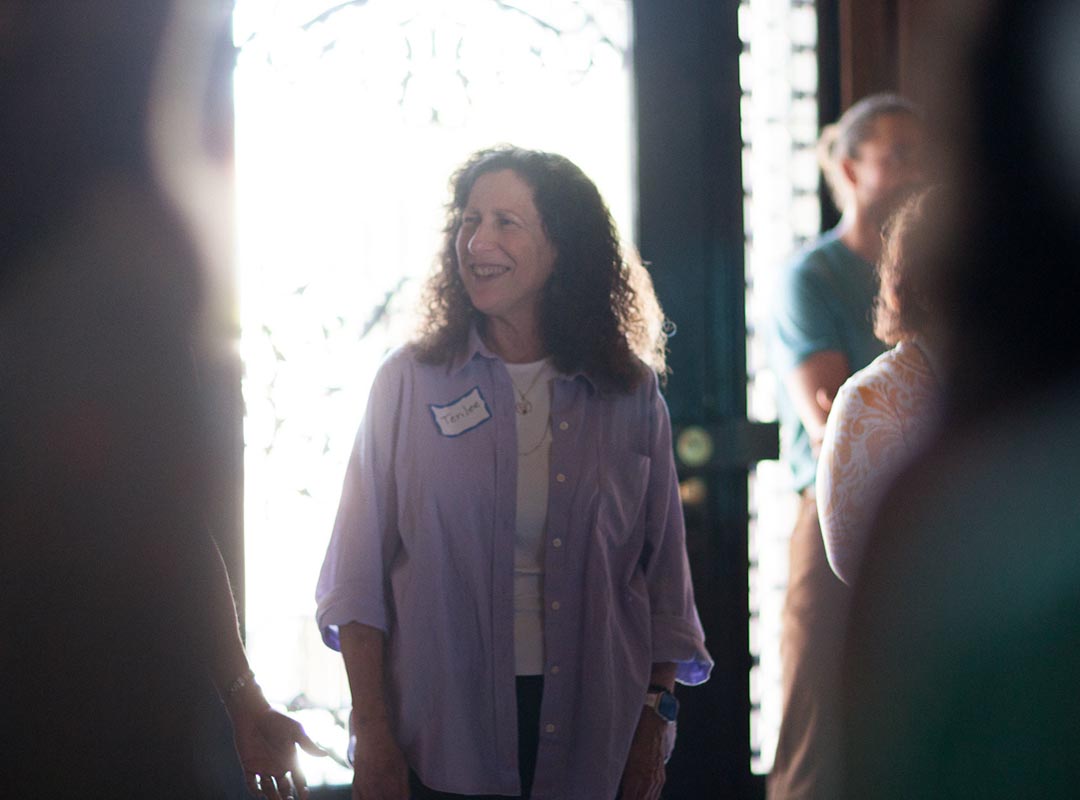
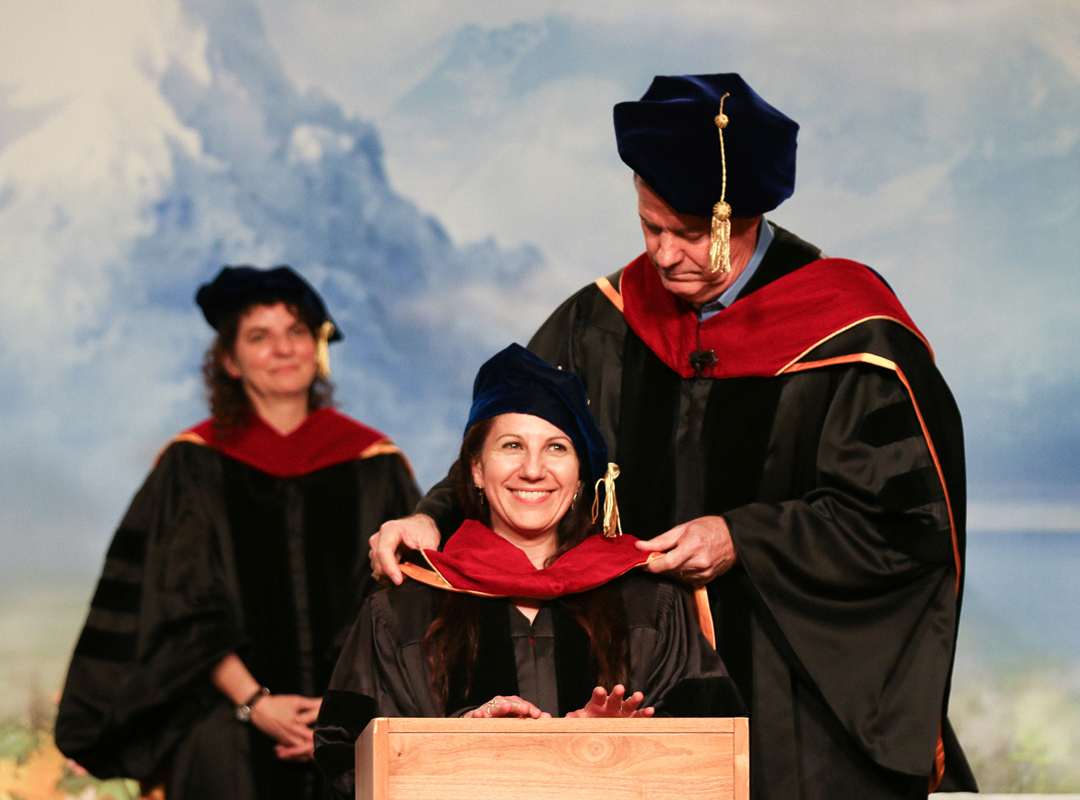
I am all in!
Thank You J-R